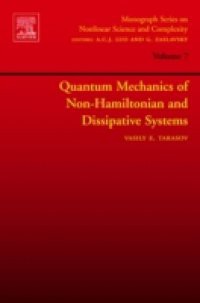The privileges and immunities clauses in the U.S. Constitution forbids one state from discriminating against citizens of another state with respect to privileges and immunities that state affords its own citizens. Of course, the history, interpretation, and rulings on Article IV and the Fourteenth Amendment are much more nuanced and controversial. Bogen details the origins and development of the concept of privileges and immunities, and provides an in-depth analysis of the symbiotic relationship between Article IV and the Fourteenth Amendment, detailing the current understanding of the clauses as reflected in the decisions of the Supreme Court.The author concludes by arguing that the tension between the Framers' intent to protect fundamental human rights and the Court's current confused and inappropriate use of rights language may be resolved by applying customary international human rights to the states. An extensive bibliographic essay and a table of cases are provided to guide further reading on the topic.



 9.47 (17)
9.47 (17) 












